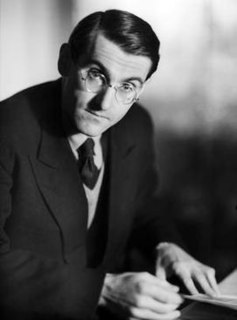A Quote by Jorge Luis Borges
The steps a man takes from the day of his birth until that of his death trace in time an inconcievable figure. The Divine Mind intuitively grasps that form immediately, as men do a triangle.
Related Quotes
The whole life of Christ was a continual Passion; others die martyrs but Christ was born a martyr. He found a Golgotha even in Bethlehem, where he was born; for to his tenderness then the straws were almost as sharp as the thorns after, and the manger as uneasy at first as his cross at last. His birth and his death were but one continual act, and his Christmas day and his Good Friday are but the evening and morning of one and the same day. And as even his birth is his death, so every action and passage that manifests Christ to us is his birth, for Epiphany is manifestation.
At physical death man loses his consciousness of the flesh and becomes conscious of his astral body in the astral world. Thus physical death is astral birth. Later, he passes from the consciousness of luminous astral birth to the consciousness of dark astral death and awakens in a new physical body. Thus astral death is physical birth. These recurrent cycles of physical and astral encasements are the ineluctable destiny of all unenlightened men.
In His discourses, His miracles, His parables, His sufferings, His resurrection, He gradually raises the pedestal of His humanity before the world, but under a cover, until the shaft reaches from the grave to the heavens, whenHe lifts the curtain, and displays the figure of a man on a throne, for the worship of the universe; and clothing His church with His own power, He authorizes it to baptize and to preach remission of sins in His own name.
It is a mischievous notion that we are come late into nature; that the world was finished a long time ago. As the world was plastic and fluid in the hands of God, so it is ever to so much of his attributes as we bring to it. To ignorance and sin, it is flint. They adapt to themselves to it as they may; but in proportion as a man has anything in him divine, the firmament flows before him and takes his signet and form.
Immediately upon the fall, the mind of man shrank from its primitive greatness and expandedness, to an exceeding smallness and contractedness... Before, his soul was under the government of the noble principles of divine love, whereby it was enlarged to the comprehensiveness of all his fellow creatures and their welfare... [But] sin, like some powerful astringent, contracted his soul to the very small dimensions of selfishness, and God was forsaken, and man retired within himself, and became totally governed by narrow and selfish principles and feelings.





































